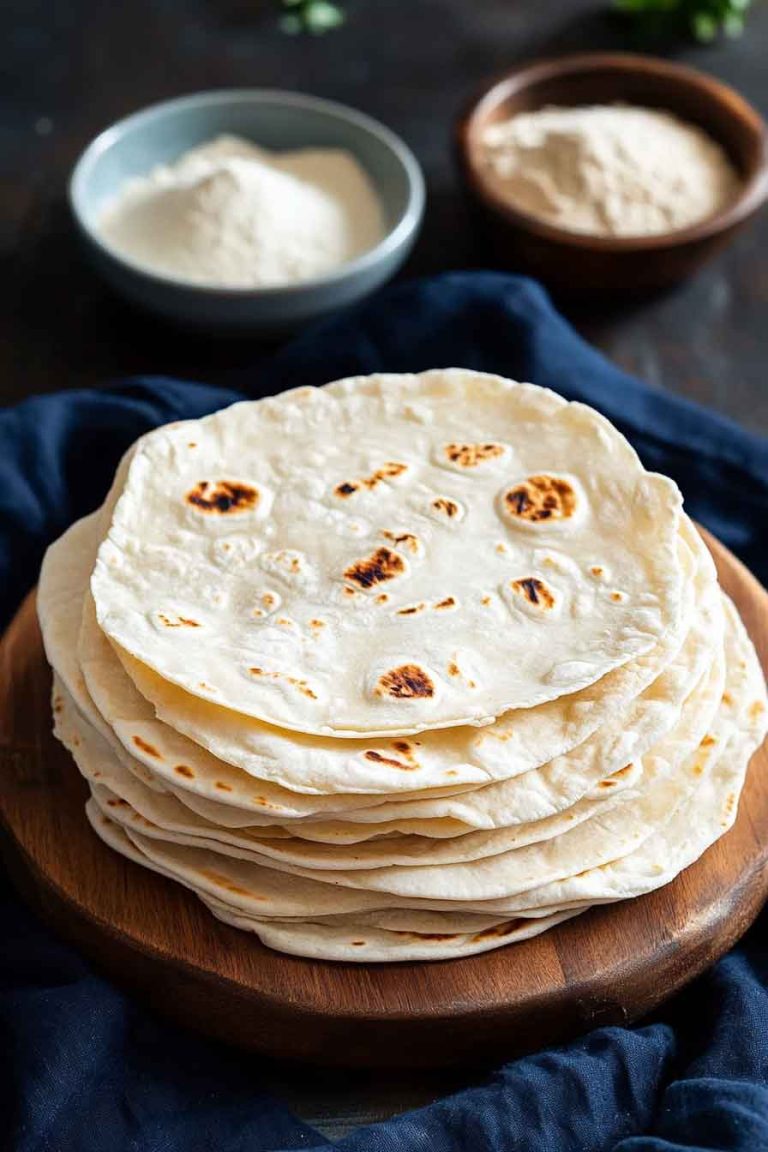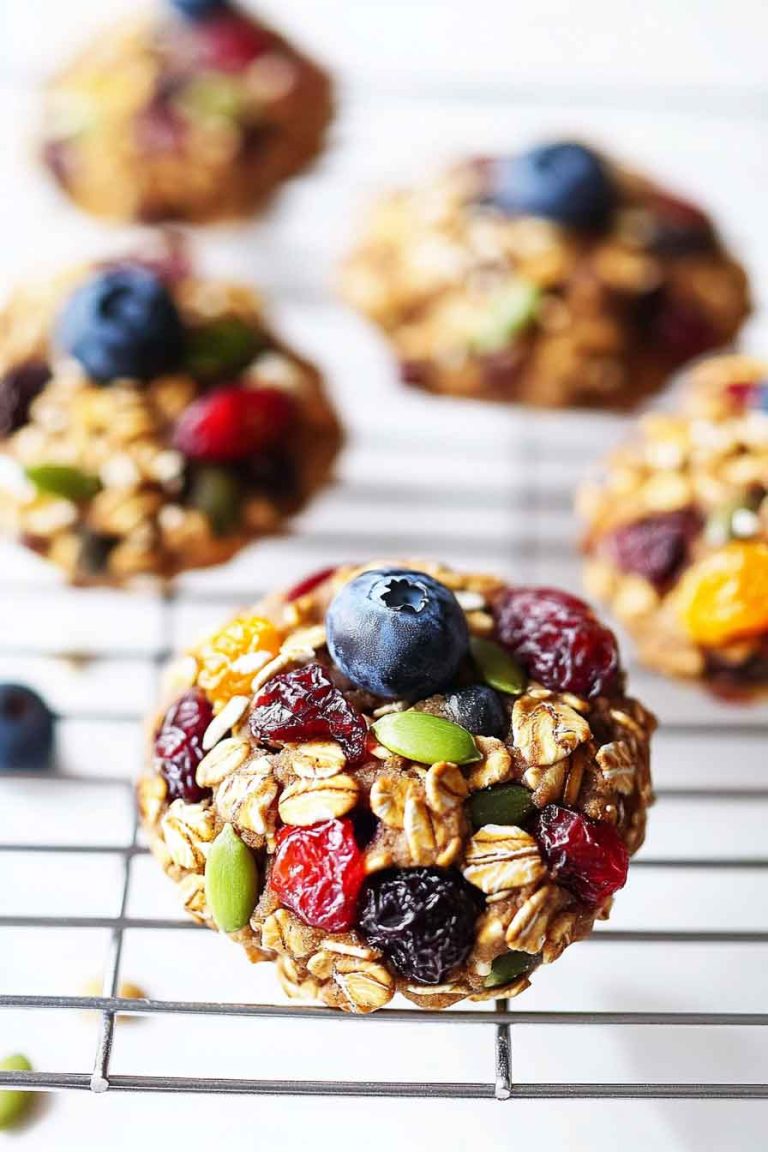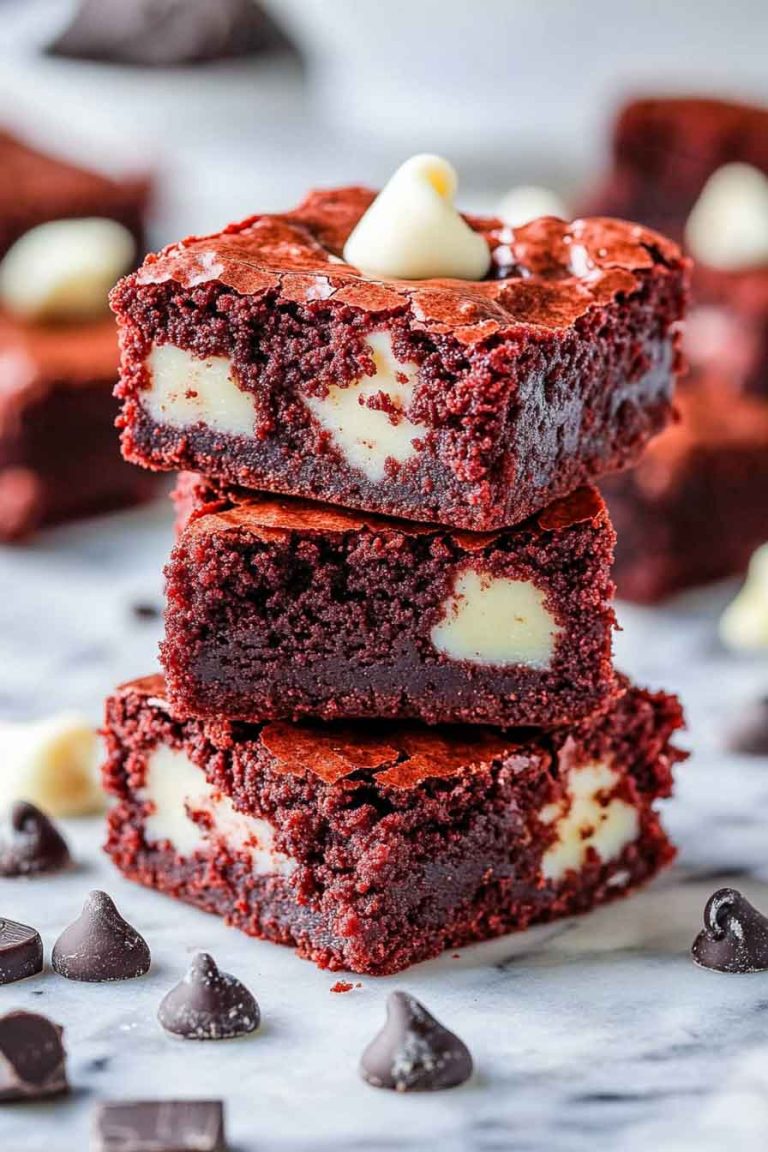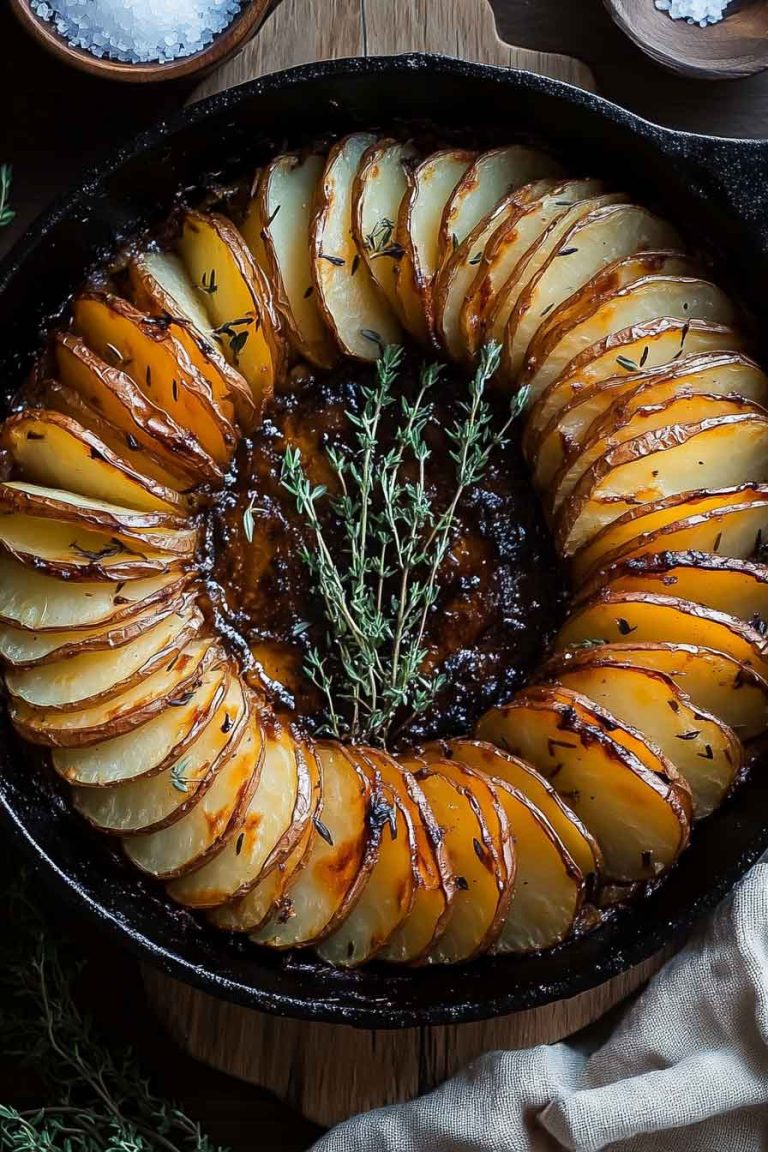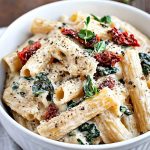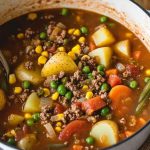I’ll be honest with you.
When I first heard about cottage cheese flatbread, I was skeptical. Cottage cheese? In bread? But after trying it once, I was hooked.
This recipe gives you soft, golden flatbreads in about 30 minutes. They’re packed with protein and work for wraps, dipping, or just snacking straight off the pan.
And the best part?
You probably have everything you need sitting in your kitchen right now.
Why You’ll Love This Recipe
Here’s what makes these flatbreads special:
- High in protein. Each flatbread has 12g of protein thanks to the cottage cheese and eggs.
- Simple ingredients. No weird stuff you can’t pronounce.
- Naturally gluten-free. Almond flour does the heavy lifting here.
- Quick to make. 30 minutes from start to finish.
- Versatile. Use them as pizza bases, wraps, or sides for your favorite soup.
What You Need to Know Before You Start
Prep Time & Cook Time:
- Prep Time: 10 minutes
- Cook Time: 20 minutes
- Total Time: 30 minutes
Servings: This makes 4 medium flatbreads. That’s enough for 2-4 people depending on how hungry everyone is. Feeding a crowd? Just double it.
Difficulty: Easy. Like, really easy. If you can whisk eggs, you can make this.

Required Kitchen Tools
You don’t need anything fancy:
- Mixing bowl
- Whisk or fork
- Measuring cups and spoons
- Non-stick skillet or griddle
- Spatula
- Parchment paper (optional, for storage)
Ingredients for Cottage Cheese Flatbread
Here’s what you’ll need (exact measurements are in the recipe card below):
- Cottage Cheese: This is your secret weapon. It adds moisture, protein, and a subtle tang. Go for full-fat if you can.
- Eggs: They bind everything together and add richness.
- Almond Flour: Gives you that tender crumb without the gluten. Plus a slightly nutty flavor.
- Baking Powder: Helps the flatbread rise just a bit for a lighter texture.
- Garlic Powder: Adds savory depth without being too strong.
- Onion Powder: Complements the garlic with a touch of sweetness.
- Olive Oil: Keeps things moist and adds healthy fats.
- Salt: Because flavor.
- Pepper: Just a touch of black pepper for gentle warmth.
Variations for Cottage Cheese Flatbread
Want to switch things up? Try these:
- Add Fresh Herbs: Toss in some chopped parsley, basil, or rosemary.
- Make It Spicy: A pinch of cayenne or red pepper flakes does the trick.
- Use Different Flours: Coconut flour works (use less, it’s super absorbent) or try oat flour.
- Cheese It Up: Fold in shredded cheddar or parmesan.
- Go Sweet: Skip the garlic and onion powder, add honey, and slather with jam for breakfast.
How to Make Cottage Cheese Flatbread: Step-by-Step Instructions
1. Prepare the Batter
Grab your mixing bowl.
Add the cottage cheese and eggs. Whisk them together until they’re well blended and smooth. Don’t worry about the little lumps from the cottage cheese curds—that’s totally normal.
2. Add Dry Ingredients
Now dump in your almond flour, baking powder, garlic powder, onion powder, salt, and pepper.
Stir everything together until you’ve got a thick, pancake-like batter.
Let it rest for 2-3 minutes. This gives the baking powder time to wake up and do its thing.
3. Heat the Skillet
Place your non-stick skillet or griddle over medium heat.
Add a small drizzle of olive oil and spread it around.
4. Cook the Flatbread
Pour about one-quarter of the batter into the skillet. Spread it gently into a round shape—aim for 6-7 inches wide.
Cook for 3-4 minutes.
You’ll know it’s ready to flip when bubbles form on the surface and the edges look set.
5. Flip and Finish
Here’s the moment of truth.
Carefully flip the flatbread with your spatula. Cook for another 2-3 minutes until it’s golden brown and cooked through. It should feel firm when you touch it.
6. Repeat
Transfer your first flatbread to a plate.
Repeat with the remaining batter, adding a bit more olive oil to the skillet as needed.
Serving and Decoration
How to Serve Cottage Cheese Flatbread
These flatbreads work for pretty much anything:
- As Wraps: Fill them with grilled chicken, fresh veggies, and hummus for lunch.
- With Dips: Serve alongside tzatziki, baba ganoush, or spinach artichoke dip.
- For Breakfast: Top with scrambled eggs, avocado, and cheese.
- As Pizza: Use as a base for personal pizzas with whatever toppings you love.
- With Soup: Cut into wedges and dunk them in tomato soup or chili.
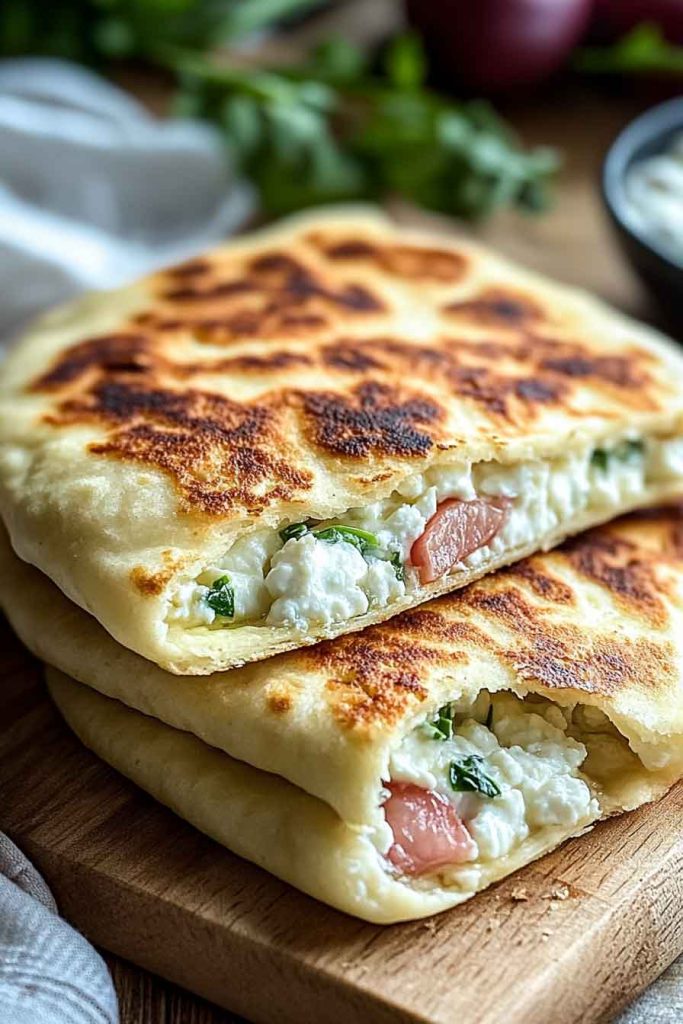
Storing Cottage Cheese Flatbread
Room Temperature: Store in an airtight container for up to 2 days.
Refrigerator: Keep in the fridge for up to 5 days. Reheat in a skillet or microwave before eating.
Freezer: Stack flatbreads with parchment paper between each one. Place in a freezer bag and freeze for up to 2 months. Thaw overnight in the fridge.
Tips and Tricks for Success
I’ve made these flatbreads a lot. Here’s what I’ve learned:
- Drain Excess Liquid: If your cottage cheese is super watery, drain it a bit first. Otherwise your batter might be too runny.
- Don’t Overcrowd the Pan: Cook one or two flatbreads at a time. Gives you better heat distribution.
- Adjust Thickness: Want thicker flatbreads? Use less batter per round. Want thinner ones? Spread the batter more.
- Watch the Heat: Medium heat is your sweet spot. Too high and the outside burns before the inside cooks.
- Make Mini Flatbreads: Pour smaller amounts of batter to create rounds perfect for sliders or appetizers.
Nutrition
| Nutrient | Per Flatbread (1 of 4) |
|---|---|
| Calories | 185 |
| Protein | 12g |
| Fat | 13g |
| Carbohydrates | 6g |
| Fiber | 2g |
| Sugar | 2g |
| Sodium | 310mg |
Nutritional values are approximate and may vary based on specific ingredients used.
Cottage Cheese Flatbread
Course: Breakfasts10
minutes20
minutes185
kcalIngredients
1 cup (226g) cottage cheese (full-fat recommended)
2 large eggs, at room temperature
1 cup (112g) almond flour
1 teaspoon baking powder
1/2 teaspoon garlic powder
1/2 teaspoon onion powder
2 tablespoons olive oil (plus more for cooking)
1/2 teaspoon salt
1/4 teaspoon black pepper
Directions
- Mix Wet Ingredients: In a mixing bowl, whisk together cottage cheese and eggs until well combined and slightly smooth.
- Add Dry Ingredients: Add almond flour, baking powder, garlic powder, onion powder, salt, and pepper. Stir until you have a thick batter. Let rest for 2-3 minutes.
- Heat Skillet: Place a non-stick skillet over medium heat. Add a drizzle of olive oil.
- Cook Flatbread: Pour one-quarter of the batter into the skillet and spread into a 6-7 inch round. Cook for 3-4 minutes until bubbles form and edges are set.
- Flip: Carefully flip the flatbread and cook for 2-3 minutes more until golden brown.
- Repeat: Transfer to a plate and repeat with remaining batter, adding oil to the skillet as needed.
Cottage Cheese Flatbread FAQs
Can I use low-fat cottage cheese?
You can, but I wouldn’t recommend it. Full-fat cottage cheese gives you the best texture and keeps things moist. Low-fat versions tend to make drier flatbread.
What can I substitute for almond flour?
Oat flour or coconut flour both work. But here’s the thing—coconut flour is super absorbent. Start with half the amount and adjust from there.
Can I make these ahead of time?
Absolutely. These reheat really well. I make them a day or two in advance all the time.
Why is my batter too runny?
Some cottage cheese brands are wetter than others. If your batter looks too thin, just add another tablespoon or two of almond flour.
Can I bake these instead of pan-frying?
Yep. Spread the batter on a parchment-lined baking sheet and bake at 375°F (190°C) for 15-18 minutes. Flip them halfway through.
Conclusion
Look, I get it.
Finding bread alternatives that actually taste good is hard. Most of them are either dry, flavorless, or just plain weird.
But this cottage cheese flatbread? It’s different.
It’s easy. It’s nutritious. And it fits into low-carb, high-protein, and gluten-free lifestyles without making you feel like you’re missing out.
Use it as a wrap. Turn it into a pizza base. Or just eat it warm with your favorite dip.
The best part?
You can whip up a batch in 30 minutes with stuff you probably already have in your kitchen.
Give it a try. I think you’ll be making these on repeat.

